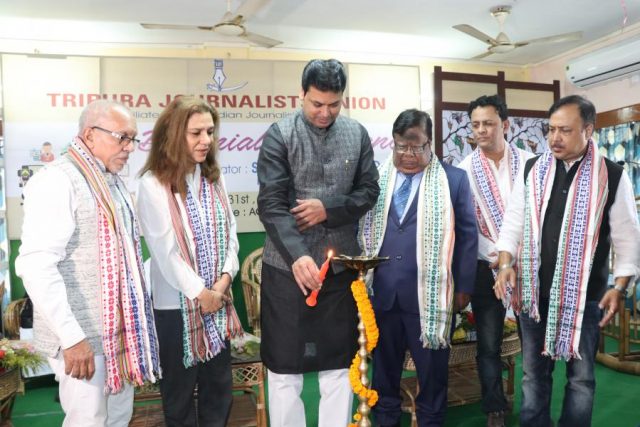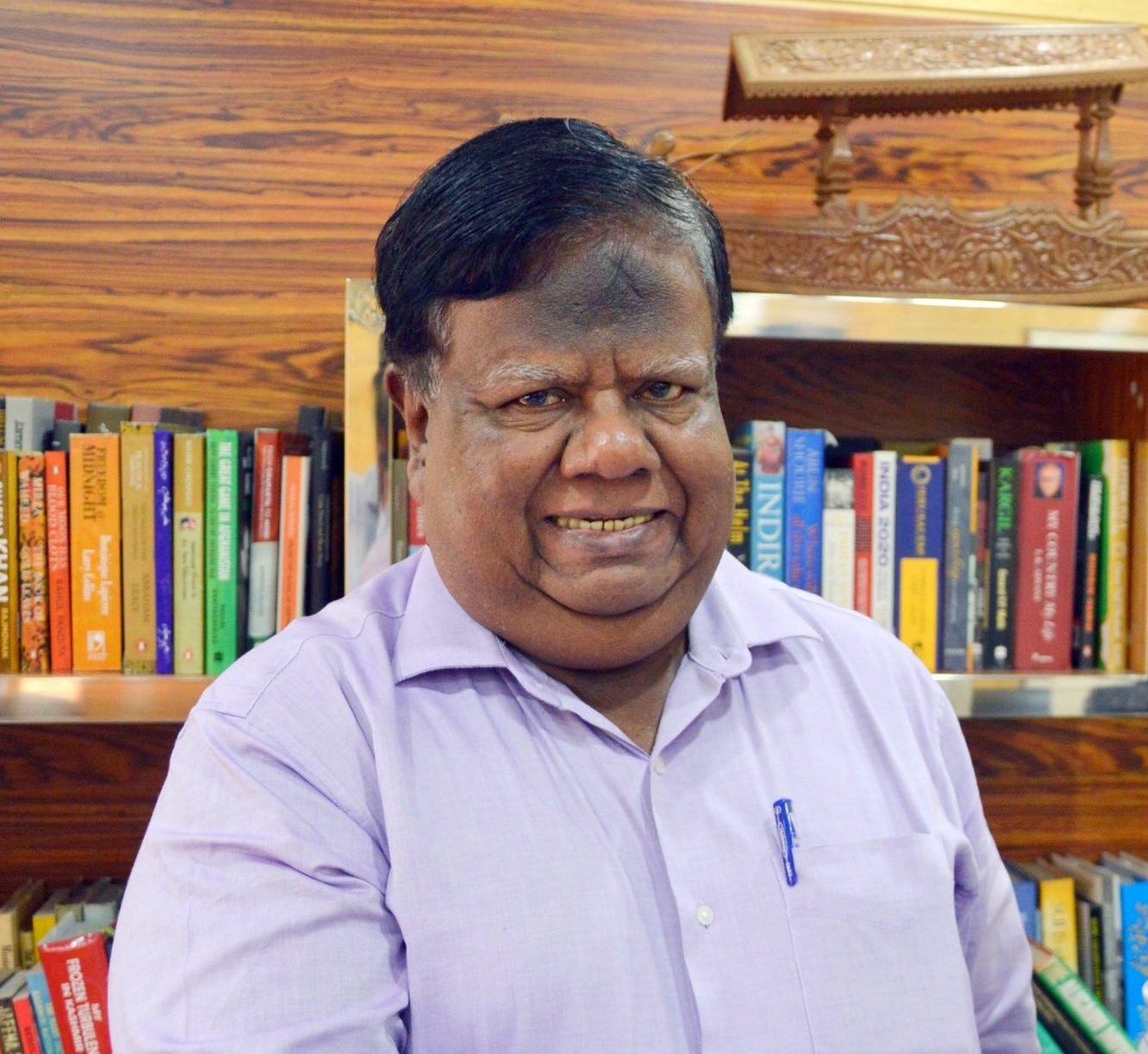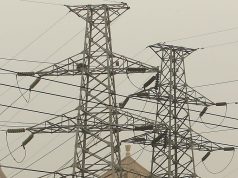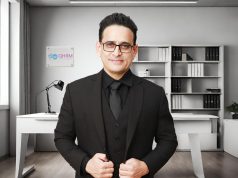How would you describe India relationship with Myanmar historically and at present?
Our two countries have always been good friends, good neighbours from the time all of us can remember. We value that friendship. Obviously, just like all friends and neighbours, there may be occasional hiccups and stuff. But at the end of the day, we care about our neighbours and I can say we are very good neighbours.
How powerful is IPC in India? How is it dealing with the shrinkage of traditional media and expansion of digital media?
The aim is not to have power. The aim is to have freedom of press, the full freedom of press and uphold standards of journalism. That is for the traditional media side. When it comes to the expansion of digital and electronic media, what Indian government and India Press Council has been doing to to set up India Media Council, where all the media will come under one umbrella. It is not that the Press Council cannot deal in anything involving electronic media. It is just that everything would come under one umbrella.
It will take time to set up, with members from all media channels involvement. We have already submitted the proposal to Parliament. Hopefully, it will be done soon.
Is the raiding of BBC offices got something to do with, BBC show on PM Modi?
It is my personal view that any organisation, be it media or anything else, has to abide by the law of the country that they are operating in. Today if any media company of India goes to Myanmar, they have to follow Myanmar laws. The raid is regarding the accounts or compliance or relating to employees. May be it is a coincidence that the show on PM was aired around that time too. There is nothing beyond that. The baseline is every organisation has to go by the law of the country.
In this world of fake news media outlets, how is India and IPC handling them?
That’s where the media council would come and deal with everything, electronic media, digital media, broadcasting, etc. Everything. Once the media council is established, everything will come under the media council.
What if the fake news outlets are based overseas? How would you tackle?
That is a real problem. We acknowledge that. Especially in regions like Kashmir, we found many WhatsApp groups spreading fake news. They use servers outside of India. And hopefully, they could be controlled too.
Obviously Jaishanker has been quite famous, at least in this part of the world. How likely it is that the future of India external affairs be headed by wolf warriors like him?
It is a coined term. Jaishanker is certainly not a wolf warrior. He is a good man. He is a career diplomat and a professional. He was then a foreign secretary before becoming a foreign minister. It is a politician, but not a wolf warrior in that sense. As far as the current policies are concerned, you can look at a lot of things. India is the largest democracy in the world. It is going to have the largest population. What we have been saying that with this sizeable population, India has its own concern and we have to heed theses concerns.
How do the majority of India population view the West?
Unlike the popular perception, we are not bothered about the West or any other country. We are bothered about India only. And of course, our neighbours. Because we co-exist with them. We do not live with the West or Russia. We live with our immediate neighbours. So we are concerned about them. We are more interested in how our neighbour Myanmar is doing than how England is doing. Obviously we have a large India diaspora overseas. UK Prime is Indian. So is Kamala Harris. We also have lots of Indians in Canada. We are concerned with them too. But we are not particularly obsessed with the West.
UK PM is an Indian, US VP is of India decent, many Indians also heading famous tech companies. What does India need to do in order to make this century India’s, instead of China’s?
The two countries are poles apart. One is a democracy and one is a communist country. Both are economically liberal at the same time. The competition should be healthy. Whom the century will belong, it will eventually depend on the people. It certainly does not depend on the leader or anybody else. Indian is a young democracy. It has a young population. It is secular and has diversity. Our population of one state alone exceed that of the whole of Myanmar.











